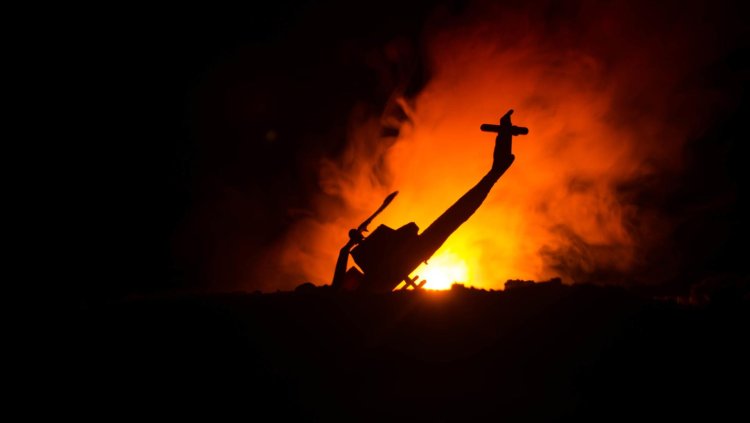Frequently Asked Questions (FAQs) about Travel Insurance Coverage for Wars and Terrorism
1. Does standard travel insurance cover injuries from wars?
No, most standard travel insurance policies exclude coverage for injuries or issues resulting from wars and armed conflicts. This is due to the high-risk nature of such events and the difficulty in predicting and mitigating their impact.
2. Is there any travel insurance that covers wars?
Yes, some specialized travel insurance policies may offer coverage for wars and armed conflicts. These policies are typically more expensive and may require additional endorsements or riders. It’s important to check with insurers to find a policy that includes this coverage.
3. Does travel insurance cover trip cancellation due to terrorism?
Travel insurance may cover trip cancellations caused by terrorism if the event is recognized and declared by authorities. Coverage depends on the policy’s terms and conditions, so it’s essential to review these carefully before purchasing.
4. What types of terrorism-related incidents are covered by travel insurance?
Coverage for terrorism-related incidents may include emergency medical expenses, trip cancellations, or interruptions. However, the specifics vary by policy, and coverage may not be guaranteed for all types of terrorism events.
5. Are there exclusions for traveling to high-risk areas in travel insurance policies?
Yes, many travel insurance policies exclude coverage for trips to regions classified as high-risk due to ongoing conflicts or terrorism threats. It’s important to check whether your destination falls into this category before purchasing insurance.
6. How can I find travel insurance that covers terrorism?
To find travel insurance that covers terrorism, you should compare policies from different insurers, looking specifically for those that offer terrorism coverage. Consulting with insurance providers directly can also help you identify suitable policies.
7. Does travel insurance cover emergency evacuation in case of a terrorist attack?
Some travel insurance policies may cover emergency evacuation if you are in a terrorist attack situation. However, this coverage varies between policies, so you should verify the details with your insurer.
8. Are there additional costs for travel insurance covering wars and terrorism?
Yes, travel insurance policies that cover wars and terrorism are often more expensive due to the higher risk involved. Additional endorsements or riders may also be required to include this coverage.
9. What should I do if I need to cancel my trip due to a terrorist attack?
If you need to cancel your trip due to a terrorist attack, contact your insurance provider to file a claim. Ensure that the attack is recognized by authorities and review your policy to understand the coverage for such situations.
10. Can I purchase travel insurance after a terrorist attack occurs?
Most travel insurance policies need to be purchased before an event occurs. If a terrorist attack has already happened, it is unlikely that you will be able to obtain coverage for that specific event.
11. Does travel insurance cover medical expenses if I am injured in a terrorist attack?
Some travel insurance policies may cover medical expenses if you are injured in a terrorist attack. Coverage specifics depend on the policy’s terms and conditions, so it’s essential to review these carefully.
12. How do I know if my travel insurance covers wars?
To determine if your travel insurance covers wars, check the policy’s terms and conditions for exclusions related to wars and armed conflicts. You can also ask the insurer directly for clarification on coverage details.
13. What are the typical exclusions for wars and terrorism in travel insurance?
Typical exclusions include injuries or issues resulting from wars, military actions, and terrorism. Policies may also exclude coverage for travel to high-risk areas or for pre-existing conditions related to these events.
14. Are there any travel insurance policies specifically designed for high-risk areas?
Yes, some travel insurance policies are specifically designed for high-risk areas, including regions with ongoing conflicts or terrorism threats. These policies usually offer specialized coverage but may come at a higher cost.
15. How can I ensure that my travel insurance covers all potential risks?
To ensure comprehensive coverage, thoroughly review policy terms, consult with insurance providers, and consider purchasing additional endorsements or riders if necessary. Assess your travel risks and choose a policy that meets your needs.
16. What should I do if my travel insurance claim is denied due to a terrorism event?
If your travel insurance claim is denied, review the policy’s terms to understand the reasons for denial. You may appeal the decision or seek assistance from a consumer protection agency if you believe the claim was unjustly denied.
17. Does travel insurance cover trip interruptions caused by terrorism?
Travel insurance may cover trip interruptions caused by terrorism, depending on the policy’s terms and conditions. Coverage details should be verified with the insurer to ensure protection in such situations.
18. Can I add coverage for wars and terrorism to my existing travel insurance policy?
In some cases, you may be able to add coverage for wars and terrorism to your existing travel insurance policy by purchasing additional endorsements or riders. Contact your insurance provider to explore available options.
19. What information should I provide when filing a claim related to terrorism?
When filing a claim related to terrorism, provide detailed information about the incident, including any official reports, medical records, and receipts for expenses incurred. Follow the insurer’s guidelines for submitting claims.
20. Are there any travel insurance providers known for offering comprehensive terrorism coverage?
Several travel insurance providers offer comprehensive terrorism coverage, but availability varies by insurer and policy. Research and compare policies from multiple providers to find one that offers the coverage you need for terrorism-related incidents.





















